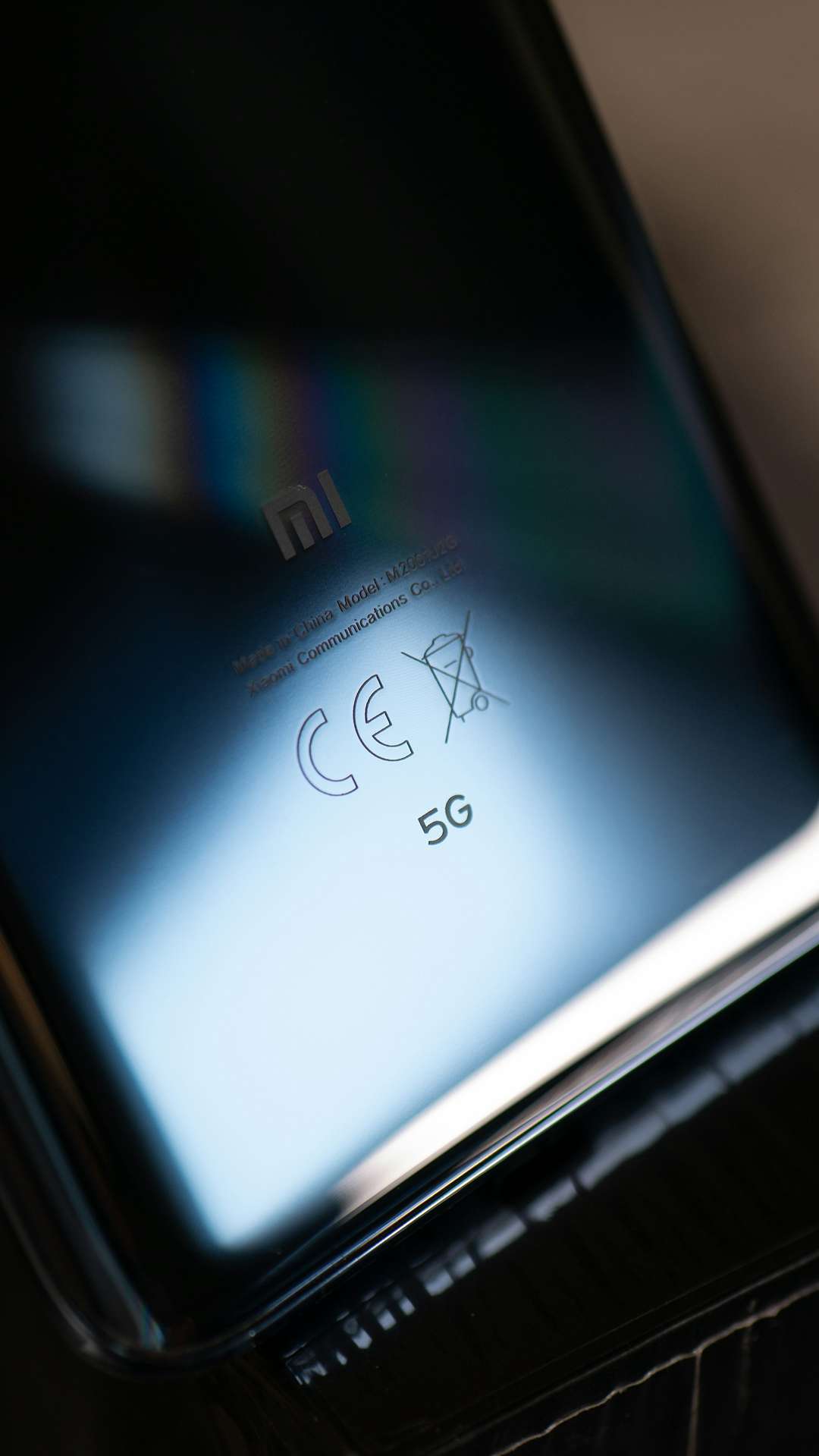
Impact of 5G on Human Health
The introduction of the new mobile network has raised many questions regarding potential health risks, despite its demonstrated improved performance and efficiency, which provide new opportunities. Researchers and scientists have made claims about this innovative wireless technology, but what is the basis for these claims? What is 5G and how it works? How concerned should users be about the potential impact on their health and the environment? Let's explore the issues behind these concerns and their potential implications for the future of mobile communications and public health. If you are unsure about whether to utilize this innovative communication method, there is a safer alternative available which is esim by eSimPlus. Getting an online number can help you maintain contact wherever you are, without any health concerns.

What is 5G?
5G is the latest generation of mobile communication networks, offering significantly faster data transfer rates, lower latency, and increased capacity compared to its predecessors. In the healthcare sector, 5G presents new possibilities for telemedicine, remote patient monitoring, and swift exchange of medical information. Thanks to the speed and dependability of 5G networks, healthcare professionals can conduct real-time video consultations, receive analysis results and diagnostic findings instantaneously, and utilize augmented and virtual reality tools for training and complex procedures. Additionally, the 5G infrastructure supports the operation of numerous Internet of Things (IoT) devices, facilitating the efficient collection and analysis of patient data, enhancing the quality of healthcare services, and expediting decision-making processes.
Unlike previous mobile networks, fifth-generation (5G) networks utilize higher frequency radio waves. These waves propagate through urban areas over shorter distances, necessitating the deployment of more base stations located closer to ground level.
Health risks
Developed in 2019, the latest iteration of 5G wireless technology is 100 times faster than its predecessor, 4G, making it significantly more efficient for users. Despite this improvement, there are concerns among experts and the public regarding the potential health risks associated with the fifth generation of mobile communication. The rationale behind these concerns is the potential adverse health effects, including an increased risk of cancer, genetic mutations, and cellular stress, that could result from the use of 5G devices. As a result of this call for action, protests were organized in various countries, raising awareness among those who had not previously considered the possible dangers associated with 5G networks. These protests served as a reminder that even seemingly harmless technologies can have significant consequences on human health. The public is largely worried about the potential impact of 5G on diseases such as cancer, COVID, and other ailments, including various mutations and variations.
Pro 5G
It is worth mentioning that there is currently no experimentally verified evidence to support the claim that 5G has negative effects on human health. The most concerning argument regarding the potential impact of radio frequency (RF) radiation on the development of cancerous tumors has also not been substantiated. Researchers acknowledge that it is highly unlikely that individuals will encounter radiation levels of sufficient intensity in their daily lives to pose a risk of developing cancerous cells, even if they use mobile internet services for extended periods.
Some sources claim that 5G radiation may damage your DNA. While ionizing radiation has been proven to be harmful to DNA, it is important to note that 5G networks utilize low-frequency, non-ionizing radio waves, which are not as harmful as ionizing radiation. However, it should be noted that some forms of non-ionizing radiation can still be harmful, although the levels of radiation emitted by 5G networks are significantly lower than those emitted by other sources such as microwave ovens.
Surprisingly, Japan, which has one of the highest densities of communication networks in the world, has one of the longest life expectancies. Elderly Japanese citizens make use of their devices on a daily basis for communication purposes.

Against 5G
Some people (on average, 1-2% of people) may experience negative reactions to radiofrequency radiation. These reactions may include headaches, fatigue and difficulty concentrating, especially when the person is near a radiation source. In 2017, doctors and scientists from various European countries published an appeal calling for further research into the potential health effects of high frequency radiation. Since then, numerous articles have been published discussing the potential risks associated with 5G technology. Numerous websites have published a list of potential risks, including eye and skin damage, as well as potential effects on quality of reproduction.
Final thoughts
5G technology has undoubtedly been a significant advancement for the global communication network. However, the impact of this new communication standard on human health remains a matter of significant interest. At the same time, it is crucial to take appropriate precautions: turning off phones at night and keeping them away from sleeping areas, installing routers away from bedrooms, and limiting the use of gadgets.

Comments (0)